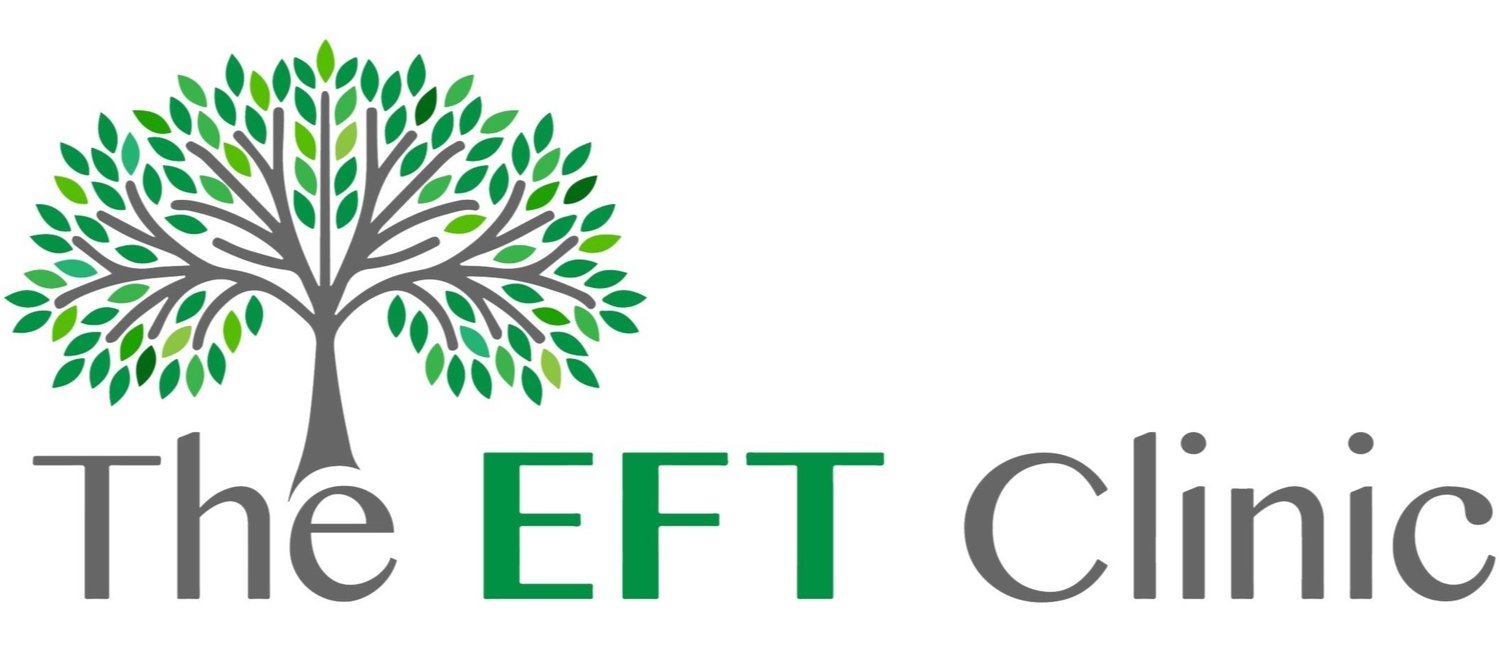Creating a Meaningful Life in Stressful Times
/Creating a Meaningful Life in Stressful Times
By Carina Wolf, LCSW
Dialectical Behavioral Therapy (DBT) was created by doctor and researcher Marsha M. Linehan in the late 1980s in order to treat chronically suicidal individuals suffering from Borderline Personality Disorder (BPD). DBT is a combination of Western principles of behavioral change and Eastern Zen practices. DBT aims to change dysfunctional patterns in emotional regulation, interpersonal relationships, identity, and impulse control to build a life worth living.
A significant component of DBT is helping the client find the balance between acceptance of their current situation while also seeking change. DBT’s four main core skills (emotional regulation, distress tolerance, interpersonal effectiveness and mindfulness) are effective in times of high stress, such as the current time of COVID-19.
In DBT there is an idea of dialectical thinking, which is the belief that two opposites can be true. We can apply this concept to our current time by being happy to have more down time while also mourning the activities we can no longer do or mourning social interaction. We can be hopeful and hopeless. Both of these ideas can be true at the same time!
DBT helps individuals to create a life worth living while dealing with anxiety, depression, mental illness, or just daily stressors such as job loss, financial insecurity, and sickness. We can also use the skills and tools of DBT to create a more meaningful life while being in isolation and having mixed emotions about it all.
How Dialectical Thinking Helps Us Find Meaning
We can ask ourselves questions such as “How can I create more meaningful relationships while being apart from loved ones?”, or “How can I be more intentional in my daily interactions that allows people to know that I love and care about them?” We can mourn many aspects of our lives while at the same time seeking meaning in our new normal and creating positive interactions with ourselves and those few people around us.
Our emotional mind might be feeling:
Overwhelmed
Grief
Life is out of control
Intense fear
Full of anxiety
Our rational mind can be thinking:
What are some aspects of my life that I can control?
I can control my schedule, my eating, my sleeping, and the amount of exercise I do.
I can control the amount of news I read about COVID-19
I can control the ratio of positive/negative news that enters my house
What resources do I have that can be shared with those who don’t?
How can I serve those around me and my community at this time?
What are some rituals I can create with those around me to find meaning at this time?
Can you cook dinner more often together?
Can you take part in an online church service that helps you connect to others?
Play games, talk with others either in person, on the phone or online?
These questions are the difference between having a mind full and being mindful (Taylor, 2020).
We can practice acceptance of our current situation while also actively working to change what we can. When we accept that this is our current situation, we can move forward with increased confidence and peace. This mentality helps us to:
Seek for the positive in times of high stress
Seek ways to find calmness among the chaos
Seek for activities that fill my soul
Allow yourself to feel all emotions without judgment
Applying DBT to Attachment Theory
“When a relationship to a special loved person is endangered, we are not only anxious but are usually angry as well. As responses to the risk of loss, anxiety and anger go hand in hand. It is not for nothing that they have the same etymological root.” —John Bowlby
During this time of COVID-19 it is more important than ever to cultivate meaningful attachments. We can be asking ourselves: How can strong attachments be created during COVID-19?
A different way to see this question is by asking: Is there only one way to create attachment and strengthen relationships?
Maybe this is our time to be creative and more intentional about our relationships.
Can we create ways to get to know our neighbors while staying at a safe distance?
The answer is yes, yes we can!
This can be a time where we can create new attachments and strengthen old ones. Merging DBT skills with Attachment will help us practice dialectical thinking where we can be frustrated, fearful, angry and overwhelmed while also feeling loved, giving love, seeking opportunities to connect and create rituals. We let go of emotional suffering by taking control of what we can control.
Last but not least, be vulnerable! Attachments can be developed from our ability to be vulnerable and reach out to others. Don’t be afraid to say what you feel and how you feel. This situation affects us all in different ways and we can feel many different emotions related to it. Reach out when you need the extra support. Chances are that you are not the only one.
Photo reference:
Taylor, M. [Center For Change]. (2020) Ambiguous Loss in the Time of CIVID-19: Shifting Your Mindset to Find Hope and Resiliency. [Video]. https://www.youtube.com/watch?v=ADSMSVDWq_4&feature=emb_logo
Carina Wolf is a Licensed Clinical Social Worker at The EFT Clinic in Salt Lake City and Lehi, Utah. If you would like to schedule an appointment with Carina, you can email her at carina@theeftclinic.com or call our scheduling line at 385-695-5949.




